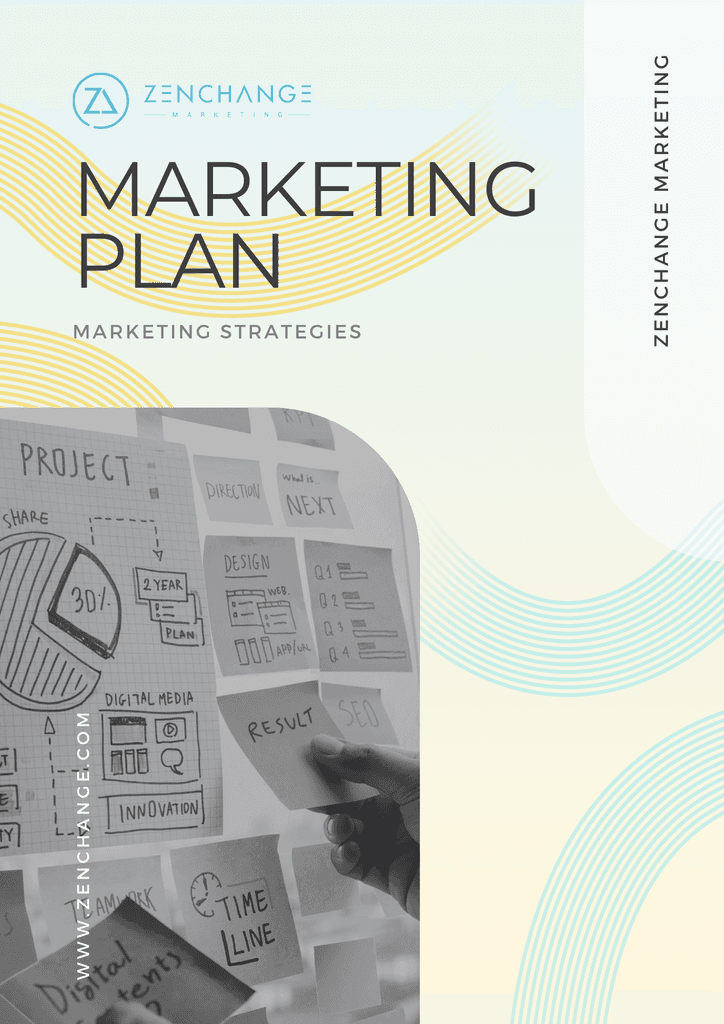Tired of Yelling into the Void? How to Hit a Bullseye with Your Target Audience
ZenChange
·
Nov 17, 2020
Whether you are in the initial stages of your business or have 20 years of experience with your brand, knowing your target audience is a must. This knowledge allows you to make guided revisions to your products or services and tailor all aspects of your marketing. Knowing who is not your audience is just as important. You need to know what does and does not appeal to your ideal clients. If you are starting a business, this research can help you pivot before investing too much into a product your consumers do not need. Likewise, it can help you revise your marketing strategy to appeal to those who do need your product. Even if you are further along in your journey, it is never too late to get familiar with your ideal consumer.
Why Should You Know Your Ideal Audience?
Getting into the heart and mind of your customer helps you create better products, content, and advertisements to bring in more revenue. As you can imagine, it is unprofitable to go after shoppers who do not use your product or relate to your marketing. Remember that you are not trying to appeal to everyone — you are trying to target potential buyers who will use your product or service. Your offering must fill a gap in their needs or provide a viable alternative to what they are currently using. Instead of spending money on ads or articles that are generic, focus your efforts on finding out what your audience wants. Here are some basics you should learn about your target client:
Age
Gender
Education level
Career
Household income
Take into account these more advanced questions about their behavior:
What does their lifestyle look like? Are they frugal?
How do they spend time outside of work? Think of hobbies or interests.
What are their biggest goals?
What are their biggest challenges or setbacks?
What is important to them? What do they value in a brand?
How do they like to shop? Online or in-person?
How to Do Audience Research
To learn about your audience, you do not necessarily have to talk to your consumers face to face. If you can, that is certainly a helpful way to learn what they value about your business. But if you are a brand that operates entirely online, this approach can be difficult to execute. Luckily, there are other ways to communicate with and learn about your audience.
Reviews
Reviews are one of the most straightforward ways to get to know your audience. Your shoppers are speaking directly about their satisfaction or frustration with your product. Remember that people are more inclined to leave reviews if they have strong feelings about your product or service — not everyone has the time or inclination to provide testimonials. This approach can also miss the mark if you do not have many reviews yet.
Internet Forums
Find related communities and groups on social media sites like Facebook, Twitter, and Reddit to determine what customers are talking about. These are often places where your audience will vent about products and discuss their favorite ones. Many people ask for recommendations on these sites. These answers will give you insights on desirable features.
Social Media Engagement
Even if you cannot speak to your consumers in person, you can still have conversations with them on social media. Customers like brands that are highly responsive or entertaining online. You first have to know what social media sites they are on. Not everyone that uses your service will frequent Twitter or Instagram, for example.
Ad Insights
Collecting information from Google and Facebook ads will give you clues into your ideal audience’s demographics and behavior. Learn about the pages they like, how frequently they purchase products, and what city they are in, among other insights. With this data, you can find people similar to your audience, like those who share the same interests or live in the same region. Now you can target even more of your ideal clients. All of this information can help you build a persona. Your persona will be a profile of one individual in your ideal audience. It is usually easier to focus on one person instead of thinking about an entire group of people. Based on what you know, create a story for this person that includes their personality, desires, and goals. The biggest mistake you can make is to assume you know everything about your ideal audience. Communicate with them. Conduct research through different mediums to learn about their demographics and behavior. Put together a persona you can reference while piecing together your branding, marketing campaigns, and offerings. Most importantly, keep your finger on the pulse of the market — stay in touch with what your audience cares about!









